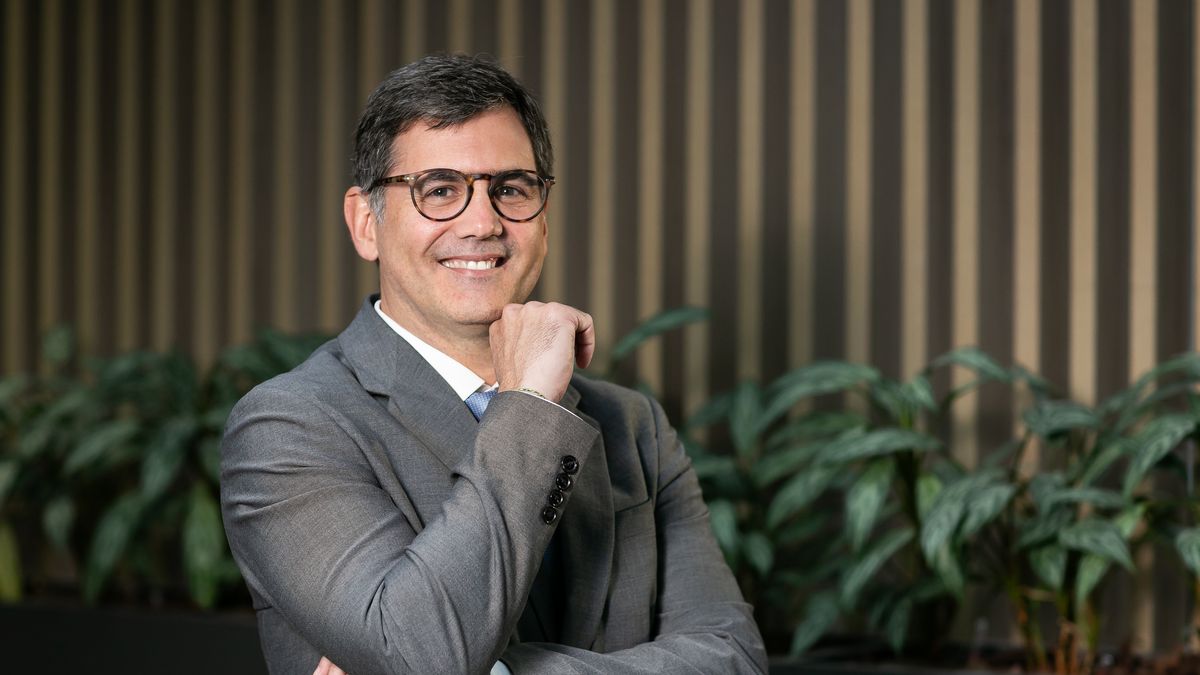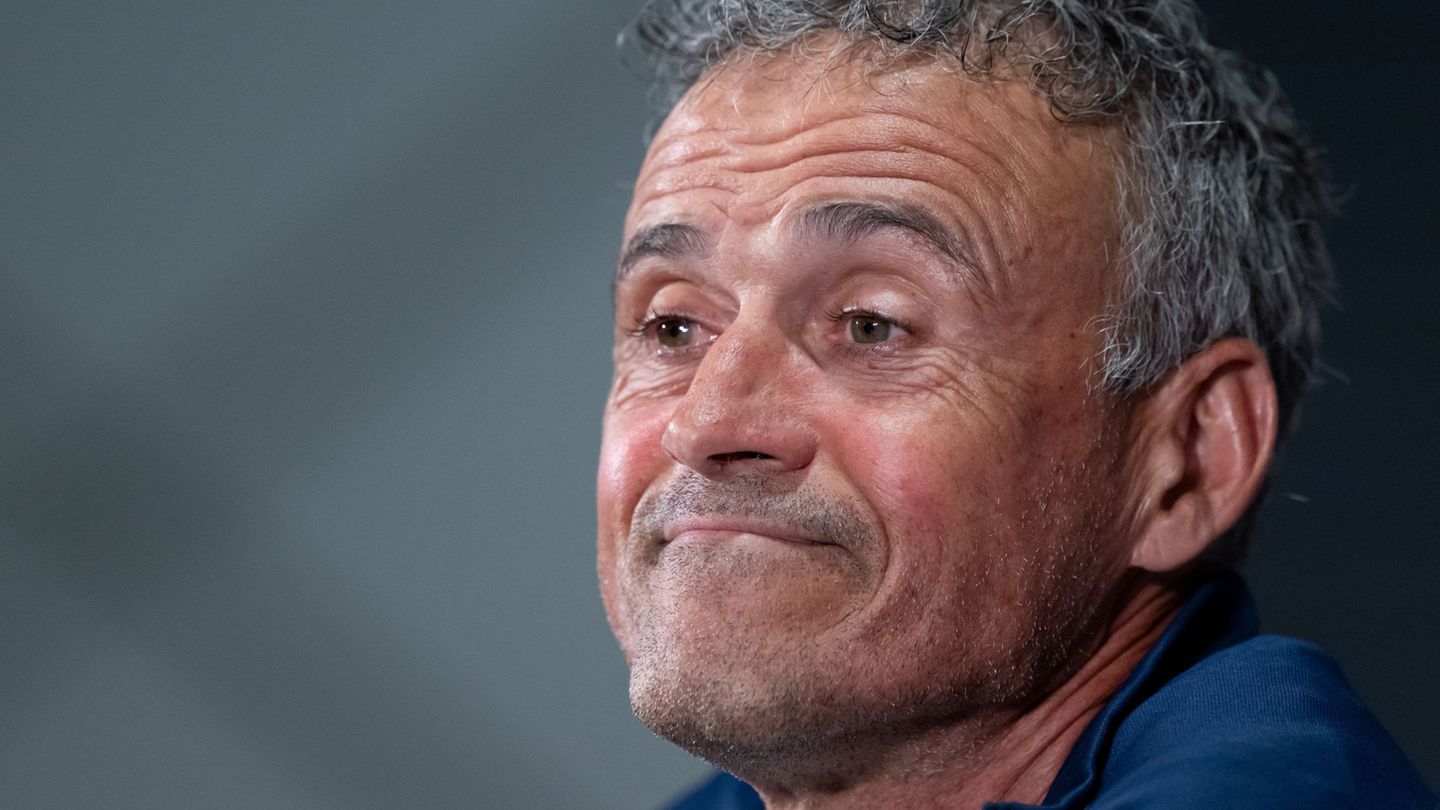The French multinational, specialized in advanced technology, cybersecurity and digital identity, is establishing itself as a strategic player in various sectors at a global and regional level. With a presence in more than 70 countries and more than 80,000 employees, Thales develops critical solutions ranging from aerospace and defense to financial systems management and biometrics. Below, Luciano Macaferri Rodrigues, recently appointed vice president for Latin America, details the company’s expansion plans and the key role the region will play in its growth strategy.
Journalist (P): How does the company currently operate and what business areas does it cover?
Luciano Macaferri Rodrigues (LMR): Thales is an international group based in France, present in almost 70 countries and with more than 80,000 employees. Basically, we are dedicated to developing technology that gives our customers confidence in critical moments. We work in three markets that we consider fundamental. In it aerospaceOn the one hand, we have solutions for everything that flies: airplanes, helicopters and satellites, for example. But we also have ground support technology to guarantee flight safety. This is where products such as radars and radio aids come into play. We can proudly say that two out of every three airplanes in the world take off and land thanks to Thales technology. Then we have the digital sectorwhich covers cybersecurity and digital identity. We work on payment systems, from the production of cards to the digital solutions behind them. We are also very present in the mobile communication market with the manufacture of SIM cards and associated security tools. In addition, we develop solutions in biometrics and documentation. For us, cybersecurity is key because the digital world generates more and more risks, and we constantly adapt to new threats. Finally, we operate in the market of defense and securitywhere our main clients are armed forces, air forces and armies from several countries. This segment includes everything from complex military systems to strategic equipment. The Latin American region is very important for us, and next year we will fulfill 60 years of presence in the region and 30 years in Argentinawhich reflects the commitment we have to local development.
Q.: In Argentina, the armed forces are one of your main clients. What type of solutions do you provide them?
MRL: We could say that we are in almost everything, from the depths of the ocean to the immensity of space. We offer from sonars and radarsuntil electronic warfare equipment and combat tanks. In Argentina we have radars on the coast and borderswhich are used to monitor illicit activities. We also have electronic warfare systems on board aircraftwhich interfere with communications. Besides, in Ezeiza and other airports in the country We operate radars to manage air traffic. In the digital market, our presence is also relevant: we develop payment cards and cybersecurity solutions. Currently, in Argentina we have an office with around 50 people. Along the same lines, we recently appointed Luis Mongini as new general director for the Southern Conea region that includes Argentina, Chile, Paraguay and Uruguay. The interesting thing is that Luis is the first Argentine to assume this position, and will be based in Buenos Aires, leading growth strategies for these markets.
Q: What are the company’s plans at a global and regional level?
MRL: I assumed the vice presidency for Latin America on September 1stin a context of sustained growth of the group. Our overall objective is to maintain a pace of 10% annual growth. In the region, we seek a total growth of 60% in the next four or five years. It is an ambitious challenge, but we are convinced that the region has great potential and many opportunities for Thales.
Q: How do you evaluate the business environment in Argentina?
MRL: In 2023 there were elections, and we know that those years are usually transitional years. However, with a new government, a window opens to work together on strategic projects. This does not happen only in Argentina, it is common throughout the region. Between 2022 and 2023 we achieved a 19% growth in Latin America, and for the period 2023-2024 we expect an increase of more than 50%. Argentina is one of the most important economies for us, so we have very positive expectations for the coming years.
Q: Biometrics generate quite a bit of controversy in some countries. What position does Thales have on this matter?
MRL: We have great experience in biometrics. We not only develop biometric engines for immigration control systems, but also solutions for passports, documentation and immigration systems. It is true that the biometrics can generate tensionsespecially due to privacy regulations that vary from country to country. We always work within the regulatory framework of each country. For example, in the last Olympics in Franceour technology was key to guaranteeing security and access control. In Argentina, we are already collaborating on projects related to immigration security and we have bank clients who use our biometric solutions.
Q: What new developments are you developing in the field of cybersecurity?
MRL: It is a very interesting topic. A few years ago, cities and governments began placing cameras and radars to collect information. That worked for a while, but today manage tens of thousands of sensors It becomes impossible for any human being. That’s why, artificial intelligence (AI) and big data They became fundamental. We are now developing solutions that allow us to anticipate events based on real-time data analysis. For example, AI can process information from 30,000 cameras and 10,000 radars at the same time, something that would be unfeasible for a person. Thanks to these technologies, we can do predictions and improve decision making. Additionally, we are exploring the possibilities of quantum computingwhich promises to revolutionize both cybersecurity and other technological fields.
Source: Ambito
I am Pierce Boyd, a driven and ambitious professional working in the news industry. I have been writing for 24 Hours Worlds for over five years, specializing in sports section coverage. During my tenure at the publication, I have built an impressive portfolio of articles that has earned me a reputation as an experienced journalist and content creator.




